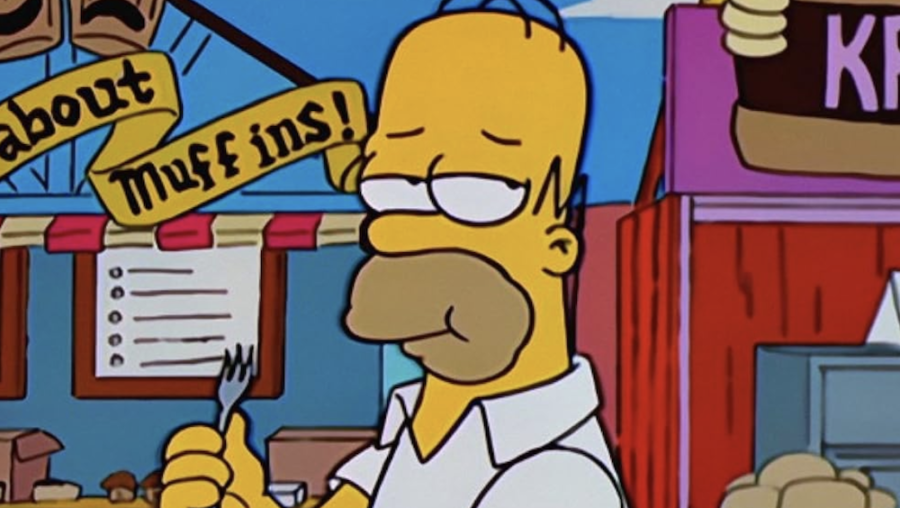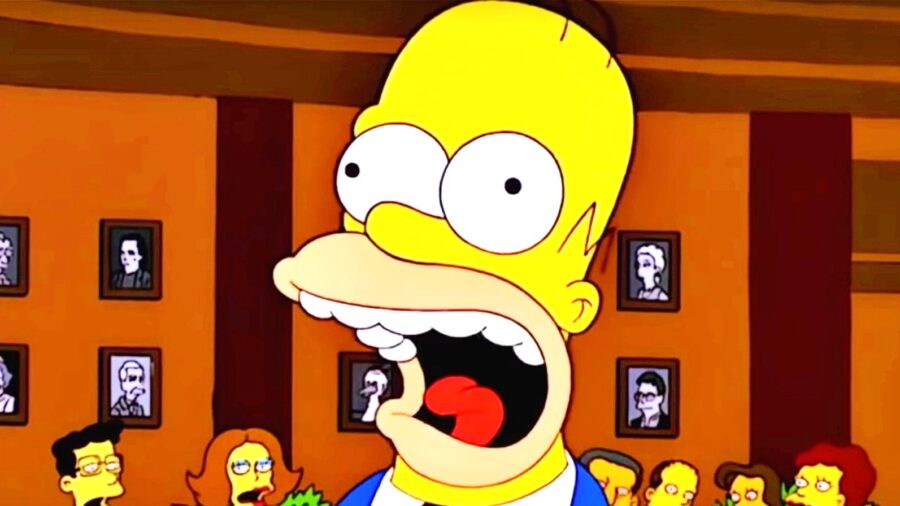How Homer Ruined The Simpsons

The Simpsons is currently in its 35th season, and many die-hard “Golden Era” fans will tell you that the series has been putting out garbage episodes for the better part of two decades. While season 9’s “The Principal and the Pauper” is widely considered to be the straw that broke the camel’s back for messing with Principal Skinner’s backstory, I’m willing to forgive this creative misstep and divert your attention to “Jerkass Homer,” a concept that was fully realized in the season 9 episode, “The Joy of Sect.”
Represented The Everyman

It’s worth noting that early iterations of Jerkass Homer have always been apparent throughout the entire series’ run, but when he took his final form, the series took a turn for a the worse.
Before fully taking on this new persona, Homer Simpson was a loving yet problematic father figure who had enough redeeming qualities to make him a likeable character.
Representing the working-class everyman, the Simpson family patriarch was always a slave to his impulses but never lost sight of his familial obligations. In fact, his misguided attempts to provide for his family are why The Simpsons was such a massive success throughout its early seasons.
Always Felt Remorse

During the Golden Era of The Simpsons, Homer most certainly acted out of pocket, but he always felt remorse when the consequences became apparent.
In the season 3 episode “When Flanders Failed,” Homer is ecstatic when his wish comes true, and Flanders’ newly opened left-handed store, The Leftorium, is on the verge of going out of business.
Upon realizing that Ned’s financial future is in shambles, he informs every single left-handed resident in Springfield where they should shop, thereby saving the day.
Moments Of Clarity

Though Homer’s jealousy gets the best of him in this episode, he has a moment of clarity that allows him to be a better person.
It’s easy to understand why Homer resents Flanders in the early seasons of The Simpsons because Flanders represents the perfect family that Homer doesn’t have himself.
While I don’t agree with Homer’s willingness to sabotage Flanders for simply trying to live his life, it’s easy to see where he’s coming from.
The Joy Of Sect

The Simpsons offered many teachable moments up until “The Joy of Sect,” when Homer forces his family to join the Movementarians, a cult bearing a striking resemblance to the Church of Scientology.
It’s in this episode that Homer blurts out the phrase marking his undoing: “Out of my way, Jerkass!” From this point forward, Homer no longer relies on his conscience; instead, his baser instincts overcome his ability to be likeable.
Mean-Spirited And Power-Hungry

Fast-forward to season 11 of The Simpsons, when Homer becomes a food critic in “Guess Who’s Coming to Criticize Dinner?,” and it becomes clear that the Homer Simpson that I knew and loved growing up became a mean-spirited and power-hungry sociopath.
Instead of using his new-found platform to prop up the small businesses in his community, Homer writes unnecessarily scathing reviews for his column and causes a considerable amount of damage to the reputations of Springfield’s many restaurant owners.
The Worst Version Of Homer

The Homer Simpson that I, along with countless other Simpsons fans, know and love represented a man who tried his best to be a good person but occasionally failed to do so when life became overwhelming.
The Jerkass Homer persona that was fully established in season 9, and celebrated throughout every subsequent season is just an unlikable jerk like Peter Griffin from Family Guy.











